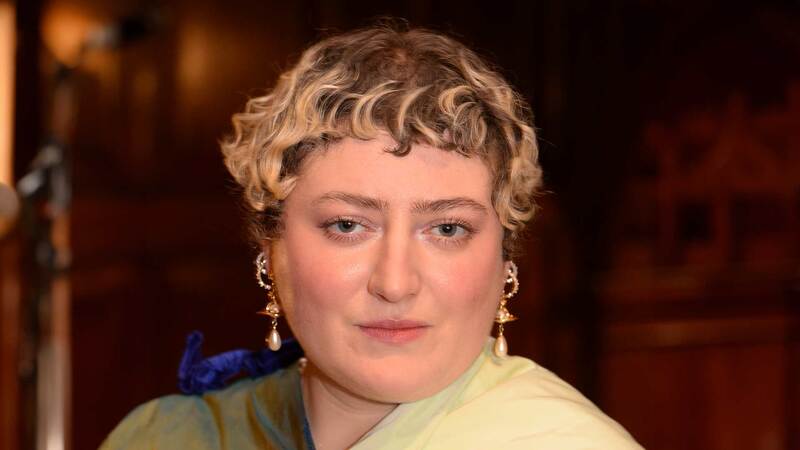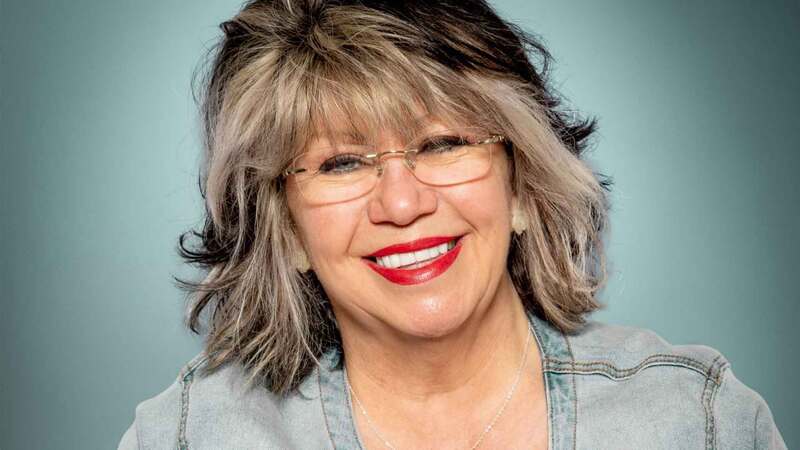You are viewing your 1 free article this month. Login to read more articles.
Do we need an indie kitemark?
Self-publishing is flourishing, but how do we help build readers’ confidence and trust?
There’s anarchy in the air. From Taylor Swift to Influx Press to Substack, artists are breaking rules, indie publishers are appealing directly to the public, and online platforms powered by author agency are springing up everywhere.
Only last week, Hamish McKensie announced we’d hit the four million mark of paid subscriptions. I say “we” because I’m part of the Substack revolution. I’m up to my spuds in it, riding the wave of indie authors finding new avenues to publish, reach readers and build community. Notice I didn’t say “sell”. Stand by, I’ll get to that. And I’ll get to the Kitemark, too. But first, a little back story.
I began life in the mainstream. My debut, bought by Salt, sold well, received accolades and set me on a path that I assumed would continue upward. Not so. My next three novels met with declines. I was on my knees. Throughout, my agent stood by me and, thanks to Fiona Melrose, a ranting pity-party zoom call resulted in fighting talk. I would find another way, and I did.
Substack was a beautifully egalitarian solution to the problem I had. Set up your publication. Write something. Publish it. Some magic part of my brain decided to kick off with a series called one-minute memoir. Daily posts, no more than 500 words, written at 4am, no looking back. Taking no more than a minute to read, people decided it was the perfect start to their day. My Substack took off and a year later, A Memoir in 65 Postcards & The Recovery Diaries was published by Troubador, the hybrid model that puts all financial risk and most of the gain in the hands of the author. So far so good.
Off the back of that success, I turned to the three novels quietly dying in a drawer, all of which I knew deserved their moment in the sun. I decided to serialise the first one. It was already lost to the mainstream and that question I’m often asked now was moot, that is, will online serialisation discount my novel from being picked up by a publisher?
I climbed onto the shoulders of Dickens, Trollope, Fitzgerald and Faulkner, and the many others whose publishers realised the marketing benefits of trying out work before taking it to print, and did it myself. I edited the novel for streaming and launched In Judgement of Others in the autumn of 2023. It ran for eight months, gathered fans and a head of steam so heartening that I published with Troubador once more. It comes out in January.
The experience has revolutionised my relationship to publishing and made me bold again. It’s got me connecting with people such as Claire Shanahan, executive director of The Women’s Prize Trust, with whom I had a recent conversation about new ways to reach readers, the potential for indie authors to work in tandem with their traditionally published peers, and the resulting boost in confidence that the Women’s Prize works so hard to promote. Writers want to write and publishers want to get great books out there; when the writer is the publisher we have common cause. Finding a unified, constructive and progressive co-existence between all modes of publishing, with ease of travel in both directions, is the Eden I dream of. And we talked about selling.
I want to establish an indie kitemark because I want a fighting chance to again be on the same stage as my peers, and because there’s a revolution going on, and I want everyone on board
One of the lucky ones, I don’t depend on sales or advances to live, but for most writers it’s a struggle, which explains the explosion in indie authorship as positive choice. If you can’t compete, why break your neck trying? Why not build your own ship? It’s what thousands of authors are choosing to do; over on Substack, writers are making money, and we’re also doing something else. Instead of the expense of large print runs, we’re flipping the cards and producing limited editions, a development which printers such as Clays and CPI have cottoned on to; they now run a service specifically for indie authors, which in turn allows indie books to be stocked by Gardeners and available to booksellers. Brilliant literary fiction by talented voices is being produced in small doses by professionals like Anna Davidson who, with 28 years’ experience in trade publishing including head of editorial management at Faber, gathered for her poetry collection a team who all standardly work for traditional publishers. Or Samuél Lopez Barrantes, who established Kingdom Anywhere in order to publish his second novel for the increase such agency brought him in happiness and revenue. There’s a party going on in the independent field, multiple professional forces are already working together, which leads me to the concept of the kitemark.
There’s currently no way for a bookseller to know that my novel has been put through the standard, rigorous, and essential quality-control checks of content and production necessary to professional publishing but imagine this: a Publishers Association stamp which says that it has. In application, independent authors would submit to the PA their CV, their book and a fee. Their CV would show that they are represented by a AAA agent or have professional experience of publishing. The physical copy of their book would prove their production values were up to scratch, and the fee would pay for administration, and dedicated Kitemark Readers to rule out truly offensive, racist or misogynist material (and/or technology such as AI could be used to filter for trigger words, phrases or tropes to help deal with the volume).
Would it open the floodgates? Maybe. Is that a bad thing? I don’t know. In every other creative field, independent artists are celebrated. Book publishing is the outlier. We’re being left behind so this is a starting point, an opening of the conversation to bring the industry into the 21st century, evolve together, develop greater sophistication in our language, remove barriers, promote variation and give the public what they want; books of every stripe produced well. I want to establish an indie kitemark because I want a fighting chance to again be on the same stage as my peers, and because there’s a revolution going on, and I want everyone on board. I want agents involved (and where they fit into the indie world is another conversation I would love to have), and I want major literary prizes to recognise the explosion of adventurous independent literary fiction happening on other platforms because as it stands, if Virginia Woolf were alive today, she would not be eligible for the Booker.
A Publishers Association kitemark would be like Sundance on a table at Waterstones. The meaning is clear. Will it work? Answers on a postcard, please.


















